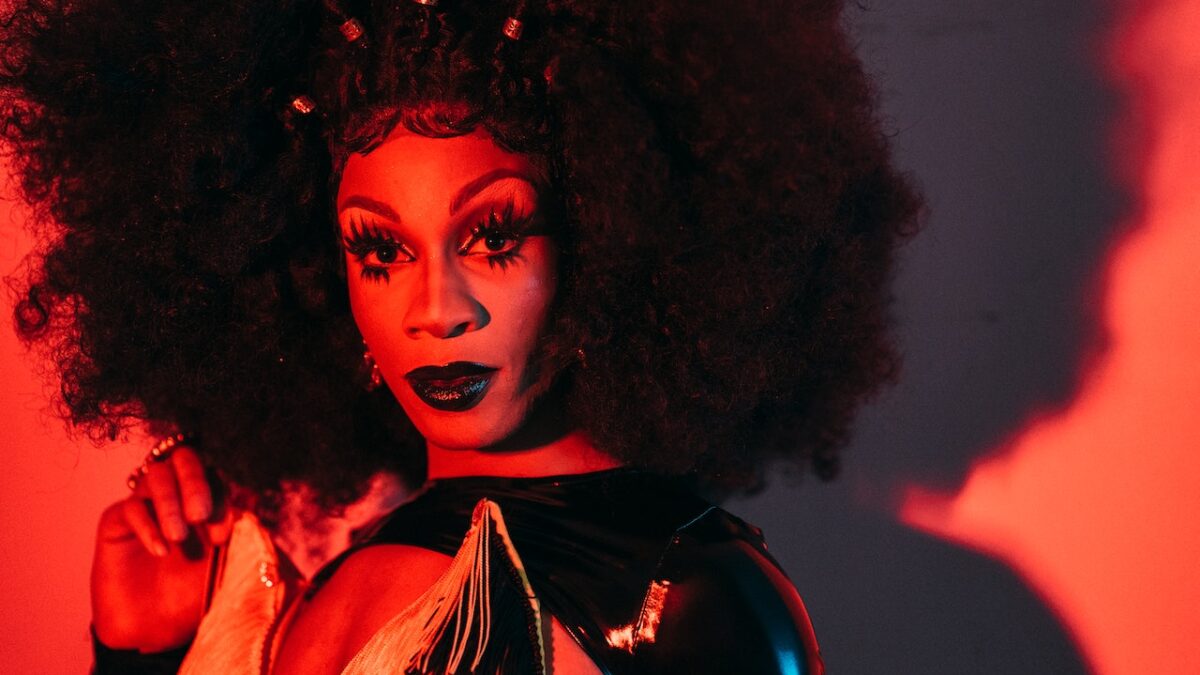
In a now viral article for The Guardian, writer Judith Duportail explained last week just how vast is the information that Tinder has on her. Since joining the dating app in 2013, Duportail has been matched with 870 people, some of whom “became lovers, friends, or terrible first dates.”
With the help of a privacy activist and a human rights lawyer, Duportail requested access to her personal data, which she is entitled to as a European citizen. When she received the 800-page report, she saw her deepest secrets, personal information, and various tastes and preferences in the form of her Facebook likes, photographs she shared, when and where she had online conversations with her Tinder matches, and more.
Duportail felt guilty when she saw the depth of what she had willingly disclosed online. The idea of a Tinder employee reading the report before sending it to her makes her cringe, and she admits she’d be ashamed if the report was leaked to the public.
How does Tinder end up with 800 pages on one person? “You are lured into giving away all this information,” says Luke Stark, a digital technology sociologist at Dartmouth University. “Apps such as Tinder are taking advantage of a simple emotional phenomenon; we can’t feel data. This is why seeing everything printed strikes you. We are physical creatures. We need materiality.”
Apps Like Tinder Are Designed for Surveillance
Tinder and other social media platforms don’t just collect information. They are designed to analyze your data for patterns and preferences, customizing every user’s experience. In that regard, Tinder knows its users better than they may know themselves.
“Tinder knows much more about you when studying your behaviour on the app. It knows how often you connect and at which times; the percentage of white men, black men, Asian men you have matched; which kinds of people are interested in you; which words you use the most; how much time people spend on your picture before swiping you, and so on. Personal data is the fuel of the economy. Consumers’ data is being traded and transacted for the purpose of advertising,” said Alessandro Acquisti, professor of information technology at Carnegie Mellon University.
Duportail’s article seems to have struck a nerve. Many readers must be concerned, because The Guardian ran a follow-up article written by the privacy activist Paul-Olivier Dehaye, who helped Duportail get her Tinder report.
After reading Duportail’s reaction, one might even feel sympathy for her. She’s a product of the digital age. The reality of what information social media platforms collect on us is startling. More startling is that we continue to give it away. Even Duportail’s knowledge that Tinder has 800 pages of information on her isn’t enough to change her practices, she says: “As a typical millennial constantly glued to my phone, my virtual life has fully merged with my real life. There is no difference any more. Tinder is how I meet people, so this is my reality. It is a reality that is constantly being shaped by others – but good luck trying to find out how.”
Our Disclosures Are Our Own Fault
But is Tinder the villain in Duportail’s story? I’d argue not. Tinder thrives thanks to 50 million users looking for a match. Tinder has hundreds of pages of data on its users because they gave it away in the first place. The customized experience exists because the users keep coming back to tell Tinder what they want. In 2014, The New York Times reported that Tinder users were logging on an average of 11 times a day. Men were spending about 7.2 minutes per login swiping; women were swiping about 8.5 minutes each time. That’s about 90 minutes a day spent on Tinder trying to find a match. Just think about how desperate that sounds.
The problem with Tinder and other similar platforms is they don’t foster a culture of meaningful, healthy relationships. Instead, the platforms allow for users to consume others’ profiles and thus the people the profiles represent. When 50 million users are participating in the matching game, the temptation to move on to see what else is out there becomes too strong for most to overcome. Users return convinced that a better match exists if they just swipe long enough.
Duportail recalled a night she communicated with 16 users at once. The people right in front of you—people who are actually available for real relationships, whether platonic or romantic—are ignored while users log in to look for the next match. Their compulsion is self-defeating, as it prevents them from investing enough in one person to create an actually satisfying relationship built on more than random sex. As Cady Drell wrote for Glamour:
the number-one change the apps have brought is the ability to access millions of single people at warp speed, at any time, wherever we are. That’s how I started going out with a guy I matched with when my uncle’s Christmas toast ran long (admit it, you’ve swiped under the table too). The upside of all these instant options is that we waste less time on relationships that go nowhere, and we’re less likely to settle. We can set up five dates in a night if we want (though, frankly, that sounds exhausting), which means we’re increasing the odds that we meet the right person just by playing it like a numbers game.
Apps like Tinder have redefined how people relate and date. People think they are receiving a product that will make connecting with others easier. Instead, they are becoming consumers, and the goods are other people. Sex is a commodity in the cheap hook-up culture of Tinder, rather than a sacred act in a covenantal relationship.
None Of Us Really Wants Dating and Mating to Be Like This
Vanity Fair ran a long article in 2015 about how Tinder has changed dating. The content is unedifying, but the thesis is clear—Tinder makes it easier to find partners for casual sex. But the availability of casual sex with no commitment expectations actually circumvents’ people’s long-term satisfaction and happiness, sexually and otherwise. Awkward introductions in a bar are almost obsolete now, as are people’s willingness to forge through in pursuit of finding something meaningful inside the other person. One Tinder user named Marty said he can “entice young women into his bed on the basis of a few text exchanges, while letting them know up front he is not interested in having a relationship.”
And romance? Forget about it. Writer Nancy Jo Sales says “others lament the way the extreme casualness of sex in the age of Tinder leaves many women feeling de-valued. ‘It’s rare for a woman of our generation to meet a man who treats her like a priority instead of an option,’ wrote Erica Gordon on the Gen Y Web site Elite Daily, in 2014. It is the very abundance of options provided by online dating which may be making men less inclined to treat any particular woman as a ‘priority.’”
The amount of time people are spending on Tinder, even though they have access to an extensive number of matches, shows how empty the experience is. Tinder is not fulfilling people’s needs for relationships. Andrew Walker calls Tinder “replacement theology” that replaces “biblical sexuality with the sexual zeitgeist of contemporary American culture—which is a false god named Eros.” Tinder-style hookups use the promise of satisfaction to keep us from it, perhaps forever.
Rod Dreher observed recently that the “role of technology in reshaping sexual and mating practices (mostly through Internet pornography, and technology-driven mating practices such as dating through Tinder) is an enormous challenge to the church” because sexual license has a way of destroying people’s faith. Discipleship in the church and home must teach young people about God’s design for sexuality for their ultimate good and fulfillment. The cost of not doing so is already proving far more disastrous than Tinder accumulating an 800-page report on one person.
If we’re willing to give away that much private information to a dating app, the problem isn’t that the app stores and analyzes one’s data. The problem is that we’ve forgotten the worth of ourselves and other people. We’re made for rich, long-term community with other people we stick with and who stick with us through good times and bad, not for the hook-up culture of Tinder.









